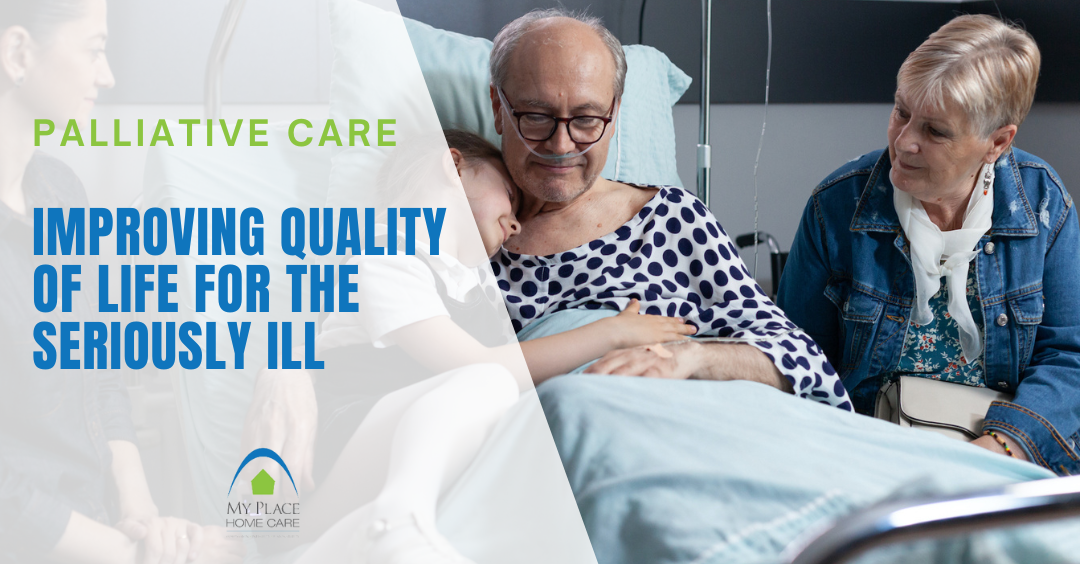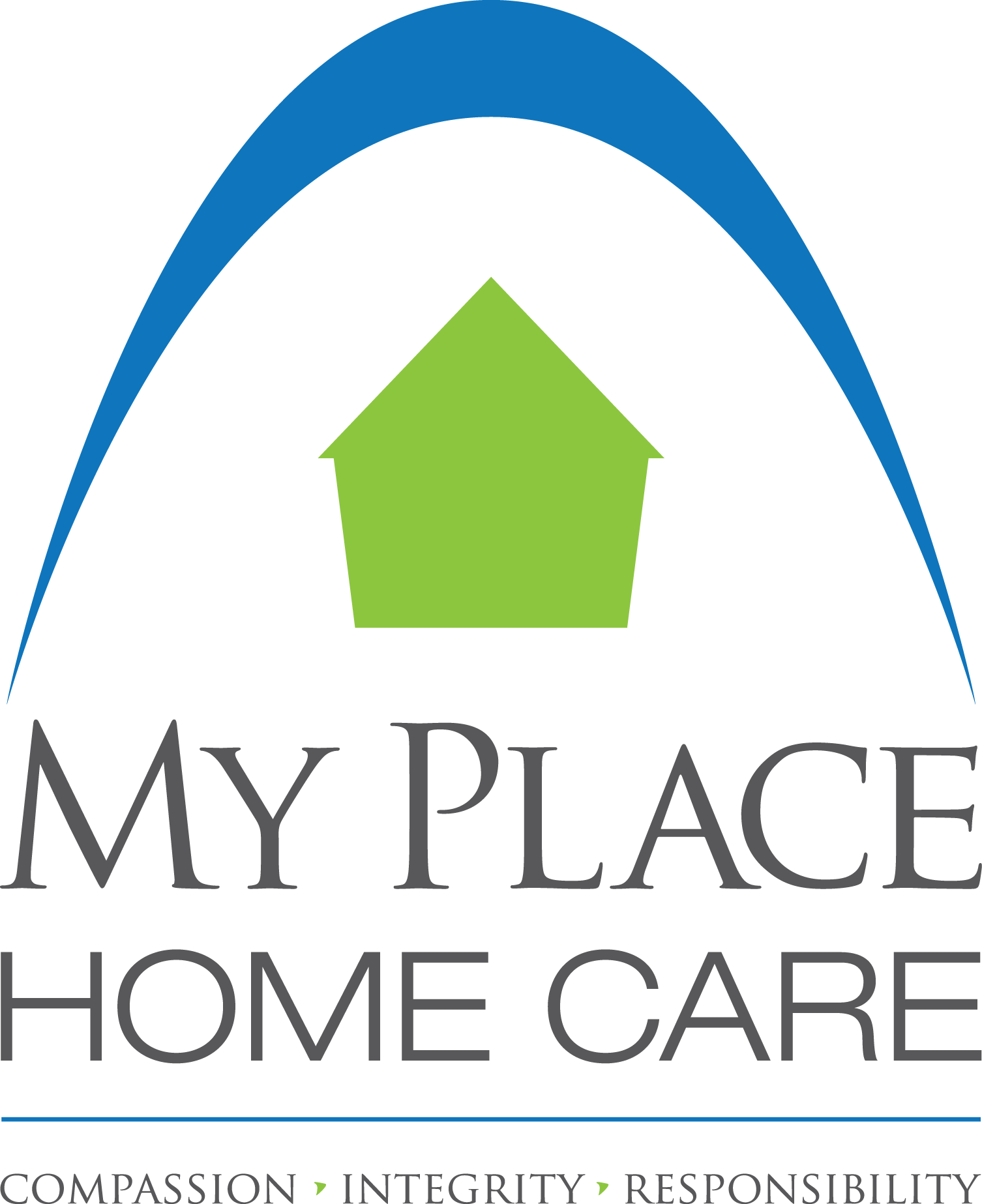
Palliative Care: Improving Quality of Life for the Seriously Ill
Palliative care is a specialized medical care designed to improve the quality of life for individuals with serious and life-limiting illnesses. It focuses on relieving symptoms and providing emotional and spiritual support to both the patient and their family.
What is Palliative Care?
It is a holistic approach to medical care that seeks to address the physical, emotional, social, and spiritual needs of individuals with serious and life-limiting illnesses. It is not only for individuals who are in the final stages of their illness, but also for those who are living with a serious and life-limiting condition and require ongoing management of symptoms and support.
The Goals of Palliative Care
The primary goals of palliative care are to relieve suffering, improve quality of life, and provide emotional and spiritual support to individuals and their families. This is achieved through the management of symptoms, such as pain and shortness of breath, as well as through addressing other concerns, such as financial and spiritual worries.
Physical Symptoms
One of the primary concerns of individuals with serious and life-limiting illnesses is the management of physical symptoms. Palliative care teams work closely with patients and their families to develop an individualized plan for symptom management, which may include medications, procedures, and therapies to relieve symptoms and improve quality of life.
Emotional and Spiritual Support
Its teams also provide emotional and spiritual support to individuals and their families. This includes support for the individual’s spiritual and religious beliefs, as well as counseling and support for their loved ones.
Working with Other Health Care Providers
Palliative care teams work closely with other healthcare providers, such as primary care physicians and specialists, to ensure that the individual receives comprehensive and coordinated care. This collaboration helps to ensure that the individual’s physical, emotional, and spiritual needs are met, and that their care plan is consistently updated and tailored to their changing needs.
Access to Palliative Care
The mentioned is available in a variety of settings, including hospitals, nursing homes, and in the patient’s own home. It is important for individuals and their families to have access to palliative care services, regardless of where they receive medical care.
Palliative Care and Advanced Care Planning
Advanced care planning is an important component of palliative care. It involves discussing and documenting an individual’s wishes for their care, including their preferences for treatments and end-of-life care. This helps to ensure that their wishes are respected, even if they are unable to communicate them.
Conclusion
Palliative care is a specialized form of medical care that seeks to improve the quality of life for individuals with serious and life-limiting illnesses. It addresses the physical, emotional, social, and spiritual needs of both the patient and their family and is available in a variety of settings. Its teams work closely with other healthcare providers to ensure that individuals receive comprehensive and coordinated care, and advanced care planning is an important component of palliative care.
We here at My Place Home Care care for your health, wellness, and safety. Looking to join us or enquire about our services? Tap the link for all details you would like to discover https://www.myplacehomecare.ca/
Contact us today by calling us at: 613-686-6366 or email us direct at: info@myplacehomecare.ca
You can use these links to APPLY NOW or CONTACT US.
You can also click here.

